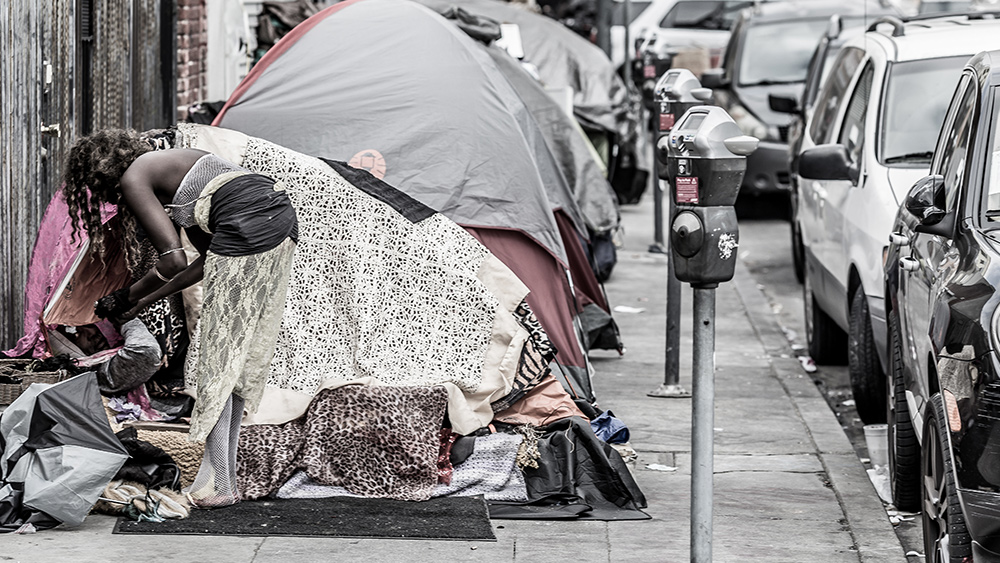
Farmers and food producers in Europe have called for government support to offset surging energy costs as they warned of possible food shortages and significant price increases during winter.
European Union farmers' union Copa-Cogeca and food producer associations FoodDrink Europe and PFP said their members began closing operations and reducing their output as they asked for the food chain to be exempt from any European plans to ration energy.
In a statement ahead of the emergency meeting of European Union (EU) energy ministers, they said the latest increase in energy prices, especially natural gas and electricity, threatens the continuity of agri-food production cycles.
Energy prices have surged this year due to the war between Russia and Ukraine, with the former reducing gas flows to the continent in retaliation for the sanctions set by the West. Russia has already shut down a pipeline to Europe, citing technical issues.
This sparked fears of energy rationing when demand increased in the colder months while also causing a massive surge in natural gas prices that were already on the rise even before the war started due to the rebounding demand as pandemic restrictions eased.
Pekka Pesonen, who served as secretary-general of Copa-Cogeca, said European shoppers would be facing even higher prices and shortages of many fruit and vegetables in the winter. "It's something we've never seen before," he said, adding that nobody saw this coming to have such vast consequences.
Dairy and bakery industries hit hard by rising energy prices
Energy is used throughout food production from fertilizers to harvesting to refrigeration. The dairy and bakery industries are especially affected by the rising prices, with Pesonen explaining that the pasteurization and the process of creating milk are energy-intensive.
Butter prices in the EU have also surged 80 percent in the year up to July while milk powder was up mover than 50 percent. Meanwhile, beef is now 28 percent higher. (Related: Fertilizer costs driving up food prices, threatening food security worldwide.)
Fruit and vegetable growers have reduced plantings for the next harvest, while some producers say that operating their greenhouses would cost more than the money they can make selling their produce.
This is because greenhouses rely on regulated temperatures for off-season growing. In the Netherlands, they are switching off or reducing production areas this winter due to the soaring fuel prices.
Nordic Greens, Sweden's largest tomato grower, said they will not be planting any winter crops because they cannot afford the electricity.
Alexander Formsma, an energy specialist at Glastuinbouw Nederland, said people will probably not see lit crops of tomatoes and cucumbers in the winter because they are no longer financially feasible.
The 2022 harvest of crops that were grown in heated greenhouses in the U.K., such as cucumbers and peppers, would be less than half because of the high energy prices.
Lee Stiles, who serves as secretary of the Lea Valley Growers Association, said producers that would normally pick until October or November were ceasing harvesting already, while next year's planting will depend on ongoing price negotiations with supermarkets.
Those who grow plants outdoors are also planning to produce less as they can no longer afford to refrigerate their products to prolong shelf lives. Even Belgian apple growers are looking at a far shorter season as they cannot afford to preserve their fruit.
Rabobank analyst, Cindy van Rijswick said: "It's like we will go back in history again with Spain producing in wintertime and the northern European countries producing their own vegetables in summertime. Some people say maybe that's the way it should be."
Visit FoodCollapse.com for more stories about Europe's dwindling food supply.
Watch the video below to know more about food shortages this coming winter.
This video is from the Hgh Hopes channel on Brighteon.com.
More related stories:
Agricultural Economy Barometer flashes warning signs over global crop crisis (and looming famine).
Destroying the food supply is the PLAN: Australia trashes fresh avocados while infant formula shipped to US border as America’s own babies go hungry.
Global food scarcity to cause 20+ million refugees from Africa to flee to Europe – mass migration.
Sources include:
Please contact us for more information.



















